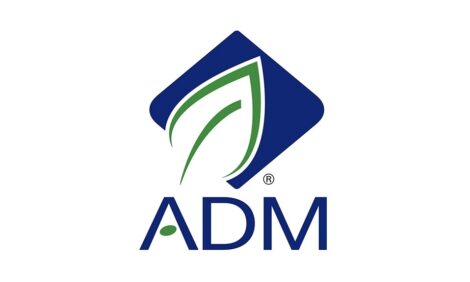



China's Economic Trends Drive Change to Modern, Efficient Agriculture
ANALYSIS - With a growing population but a shrinking rural population, China's farmers are changing from man-power to iron horse-power as they move to a more contemporary approach to agriculture, writes Sarah Mikesell, senior editor of ThePoultrySite.China's Economic and Agricultural Trends
China is clearly experiencing a rise in their standard of living which is resulting in a change in their consumer habits, said Alexander Haus with VDMA at the Sino-European Conference ‘The Rising Professional Approach in China's Agriculture’ held during Agritechnica in Hannover, Germany.
"We see China's households moving toward higher quality food and their everyday food mix is changing to include more meat, milk, wheat noodles and potatoes," Haus said. "Self-sufficiency for basic food products one of the main targets for China's central government."
Larger state-owned and private farms are already dominating the leading areas for field crops. China's made no secret of the fact that state-owned and private companies are investing in agriculture outside of China in an effort to ensure food security.
The average farm size in China is increasing rapidly. And with fewer farmers living in rural areas, China has compensated with increasing their accessibility and use of agricultural equipment. The average agricultural mechanization use in 2000 was only 20 per cent, but annual growth of the last 10 years was about three per cent. However, Haus said the use of farm equipment varies dramatically depending on the area, noting that it's as high as 90 per cent in Heilongjiang.
China is also seeing a growing demand for contracted services with small and medium-sized farmers contracting for different types of field work in the arable sector. Contractors are very well equipped with agricultural machinery, and the general decision about which machinery to invest in is based on return of investment.
Agricultural Machinery Market in China
China's agricultural machinery market is the second largest global market after the US. Over 95 per cent of agriculture machinery is locally-made. The main scope for the last five years has been on the basics - tractors and harvesting machinery. However, the core scope for the next five years will be on more modern implements, including soil-working, seeding and plant protection machinery as well as livestock equipment.
Various international brands are successfully operating in China and European suppliers are playing an important role in the agricultural machinery sector. China is already among the top five countries exporting tractors and agricultural equipment and continues to see growth, said Haus.
Expectations and Perspectives
"The structural changes in agriculture and growth of mechanization will continue to move forward, increasing demand for efficient machinery," Haus said. "The main customers for high-tech machinery will be larger state-owned and private farms as well as contractors and cooperatives."
Haus believes China's central government will continue to strongly support the farming sector. And machinery investment decisions will depend not solely on price, but more on the price-performance ratio, return on investment, product quality and service provided.









